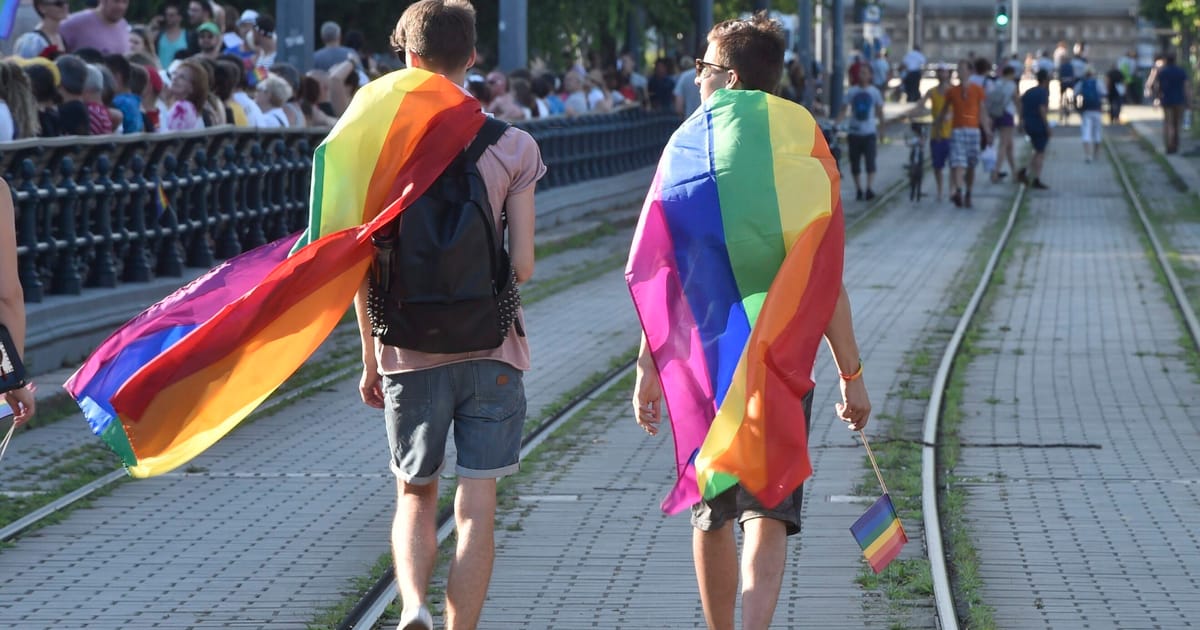

As June draws to a close, marking the culmination of Pride Month, the spotlight turns toward a wave of unity and advocacy across Europe. Amid a backdrop of legislative challenges and spirited resistance, significant events are unfolding in Hungary and the United Kingdom, each exemplifying the broader struggles and triumphs within the LGBTQ+ community.
This weekend, the vibrant city of Budapest becomes a focal point as it hosts Budapest Pride, an event anticipated to draw record numbers of participants. This year, the annual march transcends its traditional role, serving as a formidable statement against the Hungarian government’s ongoing rollback of rights. Amidst a landscape of heightened political tensions, participants from Hungary and beyond are preparing to unite in a celebration of identity and a quest for recognition and equality.
The backdrop of this year’s Budapest Pride is underscored by a stern warning from Hungarian Prime Minister Viktor Orbán. As his government continues efforts to restrict LGBTQ+ activities, Orbán cautions that attendees of the Pride parade may face “legal consequences.” Despite such potential risks, many view the celebration as an essential act of resistance. Speaking from the heart of the Hungarian capital, Hadja Lahbib, the European Commissioner for Equality, remarked, “This is bigger than one Pride celebration, one Pride march. It is about the right to be who you are, to love who you want, whether it is in Budapest, in Brussels, or anywhere else.”
Parallel to the events in Hungary, a coalition of transgender advocacy groups in the United Kingdom has called upon the Council of Europe, a leading human rights institution, to examine the nation’s adherence to recent legal stipulations. These groups are particularly focused on the implications of a UK Supreme Court ruling that impacts transgender individuals’ ability to access specific gendered spaces, such as public restrooms and single-sex organizations. In their appeal, the organizations highlight the creation of an “intermediate zone” of gender that potentially violates the European Convention on Human Rights (ECHR).
The movement toward equality in both Hungary and the United Kingdom reflects broader concerns facing the LGBTQ+ community throughout Europe. The overlapping themes of visibility, legal challenges, and societal acceptance underscore the vital need for continued advocacy and dialogue.
Despite challenges, the spirit of unity remains resilient. From Budapest to London, the LGBTQ+ community and their allies persist in their quest for recognition and equality. In these acts of resistance and solidarity, there lies a hopeful reminder of the power of collective action—a shining testimony to the pursuit of a more inclusive world for all. As the celebration of Pride continues, it bolsters a global narrative of courage, resilience, and the unwavering pursuit of justice.
Source: {link}
